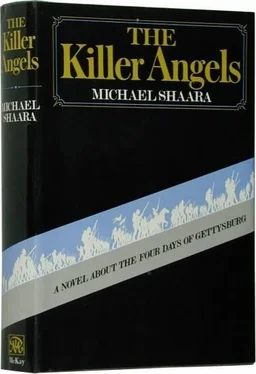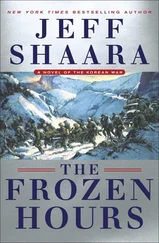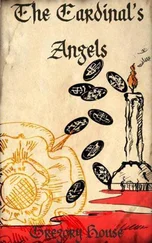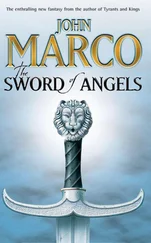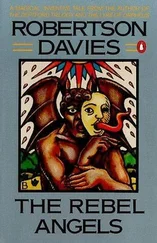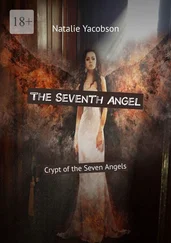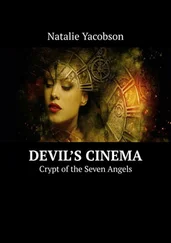Second, as time passes and it becomes slowly apparent that the war was lost at Gettysburg, Longstreet gives as his opinion what he believes to be true: that the battle was lost by Robert E. Lee. This occurs long after Lee’s death, when Lee has become the symbol of all that is fine and noble in the Southern cause. The South does not forgive Longstreet the insult to Lee’s name. At the great reunion, years later, of the Army of Northern Virginia, Longstreet is not even invited, but he comes anyway, stubborn to the end, walks down the aisle in his old gray uniform, stars of a general on his collar, and is received by an enormous ovation by the men, with tears and an embrace from Jefferson Davis.
His theories on defensive warfare are generations ahead of his time. The generals of Europe are still ordering massed assaults against fortified positions long years after his death, in 1904, at the age of eighty-three.
Serves with courage until the end, but as a corps commander he is fated never to achieve distinction. Of the Battle of Gettysburg he is later to remark: “It took a great many mistakes to lose that battle. And I myself made most of them.”
Never to take his place in the Richmond society he so dearly loved, so richly deserved. Five days before Appomattox, at the Battle of Five Forks, he is killed by a sniper’s bullet.
Loses not the arm but the use of it; it remains withered within his pinned sleeve for the rest of his days. Complains bitterly about the handling of the army at Gettysburg, is later given a command of his own: the Army of Tennessee. Defeated in Atlanta by Sherman, he spends much of the rest of his life justifying his actions in the field.
His wound grows steadily worse. An operation is performed within the month, at Staunton, but he begins to hemorrhage. The leg is amputated. He dies within the month. His wife attributes his death to the judgment of God.
Wounded, is left to be captured by the enemy. Loses his leg, survives the war. Of the charge at Gettysburg he says: “If the men I had the honor to command that day could not take that position, all Hell couldn’t take it.”
Survives the charge at Gettysburg with only a minor wound in the hand. Is shot to death ten days later in a delaying action guarding the retreat across the Potomac.
His Division is virtually destroyed. No field officer is unhurt. Of the thirteen colonels in his command that day seven are dead, six are wounded. His casualties exceed 60 percent. The famous Charge of the Light Brigade, in comparison, suffered casualties of approximately 40 percent. Pickett survives to great glory, but he broods on the loss. When the war is over he happens one day on John Singleton Mosby, on the way to see Robert Lee, and together they visit the old man. The meeting is, in Mosby’s words, “singularly cold.” After it is over, Pickett comes outside and says bitterly: “That man destroyed my Division.”
Serves until near the end of the war, when Lee finds it necessary to relieve him because of complaints against him by citizens he has offended. His conduct after the war is notable for two episodes: he becomes the Southern officer most involved in trying to prove that Longstreet was responsible for the loss at Gettysburg, and he becomes the central figure in the infamous Louisiana lottery, which cost thousands of Southerners thousands of dollars.
Returns to England after three months in the Confederacy and writes a book on his experience, which is published in the South three months before the end of the war. It is a very readable and entertaining book, which predicts a certain Southern victory.
He vanishes from Longstreet’s records. Years after the war Moxley Sorrel attends a play, notices something vaguely familiar about one of the actors, recognizes Harrison. He goes backstage for a moment, they speak for a moment, but Sorrel is a gentleman and Harrison is a player, and there is no further connection. Nothing else of Harrison is known.
Never to receive recognition for his part in choosing the ground and holding it, and in so doing saving not only the battle but perhaps the war, he survives the summer but is weakened by wounds. In December of that year he goes down with pneumonia, and dies of it.
Survives the wound at Gettysburg. When the war ends it is found that his Second Corps captured more prisoners, more colors, and suffered more casualties than the entire rest of the Army of the Potomac. An enormously popular man all his life, in 1880 he runs for the Presidency on the Democratic ticket, against Garfield, but the country has had two terms of Grant and is weary of Generals in high office, and so he is defeated, retires from public life. The package Lew Armistead sent Almira Hancock was Armistead’s personal Bible.
JOSHUA LAWRENCE CHAMBERLAIN.
In August he is given a brigade. Shortly thereafter he is so badly wounded, shot through both hips, that he is not expected to live. But he returns to become one of the most remarkable soldiers in American history. Wounded six times. Cited for bravery in action four times. Promoted to Brigadier General by special order of Ulysses Grant for heroism at Petersburg. Breveted Major General for heroism at Five Forks. He is the officer chosen by Grant from all other Northern officers to have the honor of receiving the Southern surrender at Appomattox, where he startles the world by calling his troops to attention to salute the defeated South. He is given first place in the last Grand Review in Washington. For his day at Little Round Top he is to receive the Congressional Medal of Honor.
In Maine he is elected Governor by the largest majority in the history of the state and returned to office three times, where he alienates political friends by refusing to agree to the impeachment of Andrew Johnson.
In 1876, elected President of Bowdoin College, where he attempts to modernize the school, introducing courses in science, de-emphasizing religion, and becomes involved in student demonstrations over the question of ROTC. Receives medal of honor from France for distinguished efforts in international education. When he retires from Bowdoin he has taught every subject in the curriculum except mathematics.
Dies of his wounds, June 1914, at the age of eighty-three.
[1]The Confederates did not know that the local name for that hill was “Little Round Top.” During the battle their most common name for it was simply “The Rocky Hill.”
(Little Round Top)
